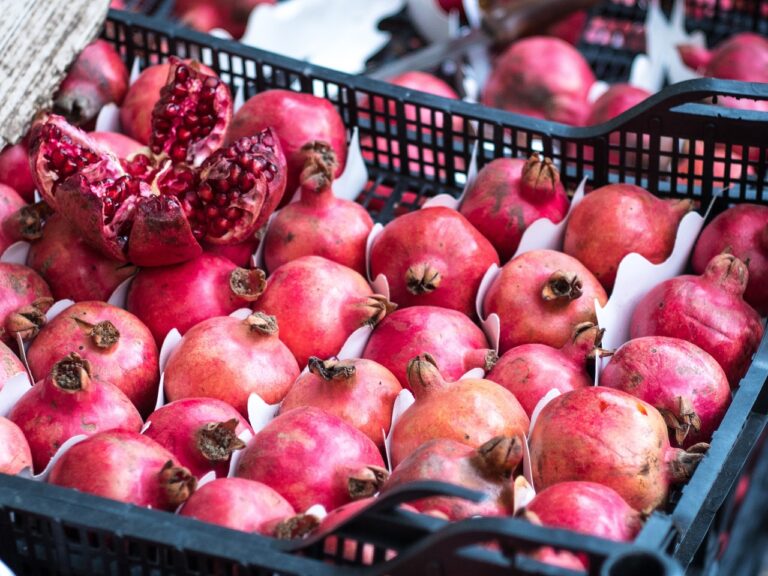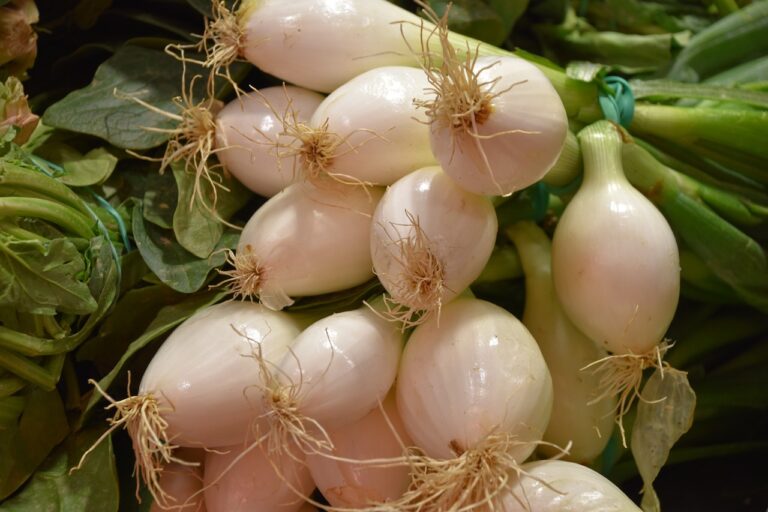The Role of Food in Global Cultures
Food is a universal language that transcends borders and connects people from all walks of life. It plays a pivotal role in shaping the cultural identity of societies around the world, reflecting their traditions, beliefs, and values. The way food is grown, prepared, and consumed varies significantly from one culture to another, making it a fascinating lens through which to explore the diversity of global cultures.
Diversity in Food Cultures
Each country and region has its own unique culinary traditions that have been passed down through generations. From the spicy curries of India to the fresh seafood of Japan, the world is a melting pot of flavors and ingredients that reflect the history and geography of each place. Food is not just about sustenance; it is a form of expression that tells a story about who we are and where we come from.
Social and Religious Significance
Food plays a central role in social gatherings and religious ceremonies in many cultures. In India, for example, sharing a meal is a sign of hospitality and respect, while in Japan, the tea ceremony is a highly ritualistic event that symbolizes harmony and tranquility. In Judaism, the Passover Seder is a time-honored tradition that involves a symbolic meal and retelling of the exodus from Egypt. These rituals and traditions help to strengthen the bonds within communities and create a sense of belonging.
Globalization and Food
With the rise of globalization, culinary boundaries are becoming increasingly blurred as people have greater access to different cuisines from around the world. This has led to the popularity of fusion food, where traditional dishes are combined with ingredients and cooking techniques from other cultures. For example, sushi burritos and Korean tacos are just a few examples of the ways in which culinary traditions are being mixed and reimagined.
Sustainability and Food Security
As the world grapples with issues of climate change and food insecurity, the role of food in global cultures is more important than ever. Sustainable farming practices, such as organic agriculture and fair trade, are gaining traction as people become more aware of the impact of their food choices on the environment and society. Food security is also a pressing issue, with millions of people around the world facing hunger and malnutrition. By understanding the cultural significance of food, we can work together to create a more equitable and sustainable food system for future generations.
Health and Well-being
Food is not just about nourishing the body; it also has a profound impact on our health and well-being. Traditional diets that are rich in fruits, vegetables, whole grains, and lean proteins have been shown to reduce the risk of chronic diseases such as heart disease, diabetes, and cancer. By embracing the food traditions of different cultures, we can learn valuable lessons about the importance of a balanced and varied diet in maintaining good health.
Conclusion
Food is a powerful force that shapes our lives in profound ways, bringing people together and nourishing both body and soul. By exploring the role of food in global cultures, we can gain a deeper understanding of the traditions, values, and beliefs that unite us as human beings. Let us celebrate the diversity of our world’s cuisines and embrace the richness of our shared culinary heritage.
FAQs
Q: Why is food important in global cultures?
A: Food is important in global cultures because it reflects the traditions, beliefs, and values of societies around the world. It also plays a central role in social gatherings, religious ceremonies, and everyday life, helping to strengthen the bonds within communities and create a sense of belonging.
Q: How does globalization impact food cultures?
A: Globalization has led to the blending of culinary traditions as people have greater access to different cuisines from around the world. This has resulted in the popularity of fusion food, where traditional dishes are combined with ingredients and cooking techniques from other cultures.
Q: What role does food play in promoting health and well-being?
A: Food has a profound impact on our health and well-being, with traditional diets rich in fruits, vegetables, whole grains, and lean proteins being associated with a reduced risk of chronic diseases. By embracing the food traditions of different cultures, we can learn valuable lessons about the importance of a balanced and varied diet in maintaining good health.







